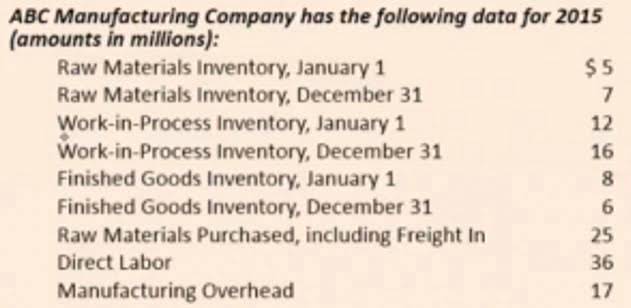
Accounting software and enterprise resource planning (ERP) systems streamline processes, enhance data accuracy, and improve reporting capabilities. Impairment of oil and gas assets is a critical accounting consideration, particularly given the volatile nature of commodity prices and the substantial capital investments involved. Impairment occurs when the carrying amount of an asset exceeds its recoverable amount, necessitating a write-down to reflect the diminished value. This process is governed by accounting standards such as IAS 36, which outlines the procedures for identifying and measuring impairment.
The Differences Between Upstream, Midstream, and Downstream Accounting Services

At the center of a complex and changing regulatory environment, the oil and gas industry faces challenges on a daily basis. Many oil and gas companies struggle with a backlog in non-operating joint interest billing and revenue data entry, leading to shortcuts, workarounds or delays in the monthly closing process. Outsourced accounting can create business process automation, resulting in oil and gas companies achieving significant savings and reduced cycle times. balance sheet In today’s business environment, many oil and gas companies need help navigating the industry’s complex financial landscape, which includes fluctuating markets and stringent regulatory requirements.
- This mechanism ensures that the contractor can recover its investment before sharing profits with the state.
- Expenses should be recognized in the period in which they are incurred, helping to match costs with the revenue they generate.
- Moreover, consider the total cost of ownership, including implementation, training, and ongoing support expenses, to ensure the software is affordable in the long run.
- Look for a vendor with a reputation for responsive and knowledgeable customer support, as it can greatly influence your experience with the software.
- This efficiency allows your team to focus on your core business, not on processing and managing your payables, joint interest billing (JIB) statements or revenue distribution checks.
- No matter what part of the oil and gas industry you play in, you face complex regulatory challenges on a daily basis.
- One of the primary challenges in adhering to these standards is the frequent updates and changes that occur.
Revenue Data Entry and Distribution

Regular audits help identify areas for improvement and ensure adherence to industry standards. The oil and gas industry presents distinctive challenges, including volatility in commodity prices, regulatory oil and gas accounting changes, and complex production processes. Oil and gas accountants must navigate these challenges while ensuring accuracy and compliance. The impairment assessment typically involves estimating the future cash flows that the asset is expected to generate, discounted to their present value. Factors such as declining oil prices, increased operating costs, and changes in regulatory environments can trigger impairment reviews.
The Role of Oil and Gas Accountants in the Energy Industry

PwC is a global leader in providing custom Oil and Gas Benchmarking services to fit the needs of our clients. Financial statements are prepared under the assumption that the entity will continue to operate for the foreseeable future. Our Accountants on staff have a long history of consulting with entrepreneurs in the Oil & Gas industry. These includes operators, land offices, working interest and royalty owners, promoters, equipment sales, rentals and manufacturing, geologists as well as many different types of Oil & Gas services.
- Therefore, this ensures accurate and comprehensive data collection, reducing the risk of errors and facilitating faster and more efficient inspections.
- Companies must estimate the amount of variable consideration they expect to receive and include it in the transaction price.
- Moreover, these solutions are designed to streamline workflows, improve data accuracy, enhance decision-making, and optimize overall operational performance.
- For instance, in a wellhead sale, revenue is typically recognized when the oil or gas is extracted and sold directly at the site.
- Consider the level of support provided by the software vendor, including access to technical assistance, training resources, and also documentation.
Oil and Gas Accounting: Key Principles and Practices
Conduct thorough research, read user reviews, and, if possible, request demos or trials to Law Firm Accounts Receivable Management evaluate the software firsthand. This annual publication provides an update on accounting, tax, and regulatory matters relevant to the oil and gas industry. The update discusses matters critical to oil and gas entities, including updates to SEC, FASB, and tax guidance with a specialized focus on the oil and gas industry.
